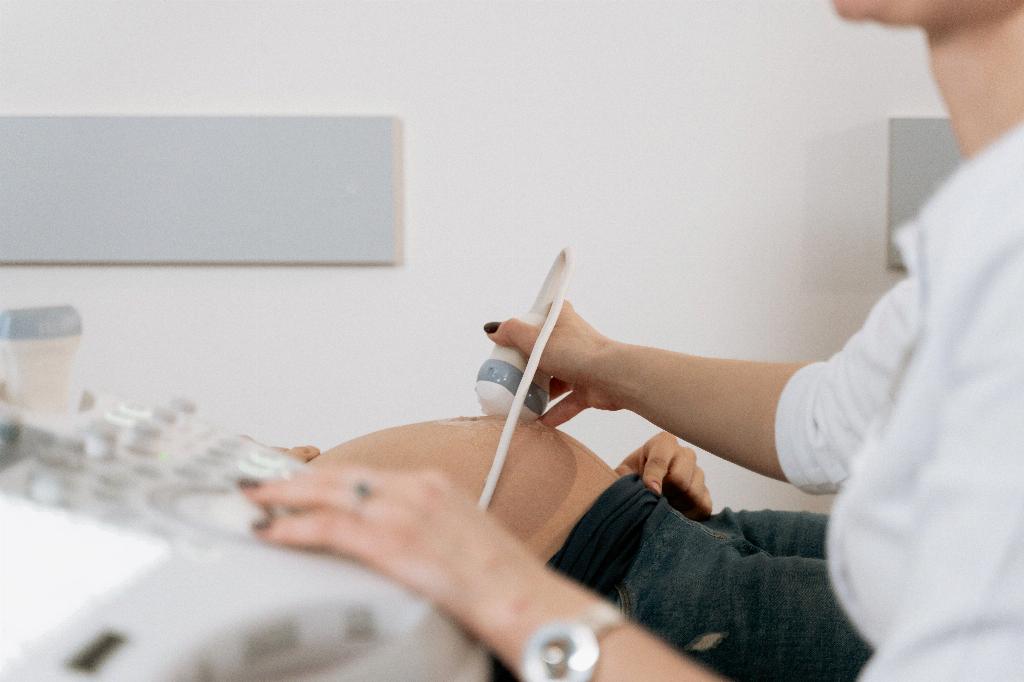Throughout the incredible journey of pregnancy, a woman’s body undergoes a multitude of changes to support the growth and development of the new life within. One of the fascinating aspects of this process is the way in which the cardiovascular system adapts to meet the increasing demands of pregnancy. While many changes begin early on, the specific timing of when heart rate increases significantly is a topic that has captured the curiosity of many expectant mothers.
Early Cardiovascular Changes in Pregnancy
From the onset of pregnancy, the body begins to undergo various adaptations to support the developing fetus. Changes such as an increase in blood volume, blood pressure, and cardiac output all play a crucial role in ensuring that the growing baby receives an adequate oxygen and nutrient supply.
Timing of Heart Rate Increase
While cardiovascular changes start unfolding from the first trimester, the notable increase in heart rate tends to occur later in pregnancy. It is around the 34-week mark that the average heart rate of a pregnant woman reaches approximately 91 beats per minute. However, it is important to note that individual variations exist, with heart rates ranging from 68 to 115 beats per minute during this period.
Factors Influencing Heart Rate
Several factors contribute to the rise in heart rate as pregnancy progresses. The expanding uterus puts pressure on the diaphragm, leading to decreased lung capacity and increased oxygen demand, prompting the heart to work harder to meet these demands. Additionally, the hormonal changes, particularly the surge in progesterone levels, play a role in relaxing blood vessels and increasing cardiac output, further elevating the heart rate.
Importance of Monitoring Heart Rate
It is essential for healthcare providers to monitor the heart rate of pregnant women regularly to ensure that any abnormalities or fluctuations are promptly identified and managed. Changes in heart rate can sometimes indicate underlying issues that require medical attention, such as gestational hypertension or cardiac arrhythmias.
Impact of Physical Activity on Heart Rate
Physical activity plays a crucial role in maintaining cardiovascular health during pregnancy. While moderate exercise is generally safe and beneficial, it is important for pregnant women to listen to their bodies and not push themselves excessively, especially as the heart rate naturally increases to support the physiological changes occurring in the body.
Listening to Your Body
As a woman progresses through each week of pregnancy, it is vital to pay attention to the signals that her body is sending. Feeling palpitations, dizziness, or unusual shortness of breath may indicate that the heart rate is elevated beyond what is considered normal for that stage of pregnancy, and prompt evaluation by a healthcare provider is recommended.
Managing Stress and Heart Rate
Stress management techniques can also play a significant role in regulating heart rate during pregnancy. Practices such as deep breathing, mindfulness, and gentle yoga can help reduce anxiety and promote relaxation, leading to a healthier cardiovascular response.
Consulting with Healthcare Providers
It is always advisable for pregnant women to maintain open communication with their healthcare providers and discuss any concerns related to their heart rate or overall well-being. Regular prenatal visits allow for comprehensive monitoring of the mother and baby’s health, ensuring a safe and successful pregnancy journey.
Conclusion
In conclusion, the increase in heart rate during pregnancy is a natural and adaptive response to the changing physiological demands placed on the body. While the timing of this increase may vary among individuals, it generally occurs around the 34-week mark, reaching an average of 91 beats per minute. By staying attuned to their bodies, engaging in moderate physical activity, managing stress effectively, and seeking regular prenatal care, expectant mothers can navigate this transformative period with confidence and well-being.

